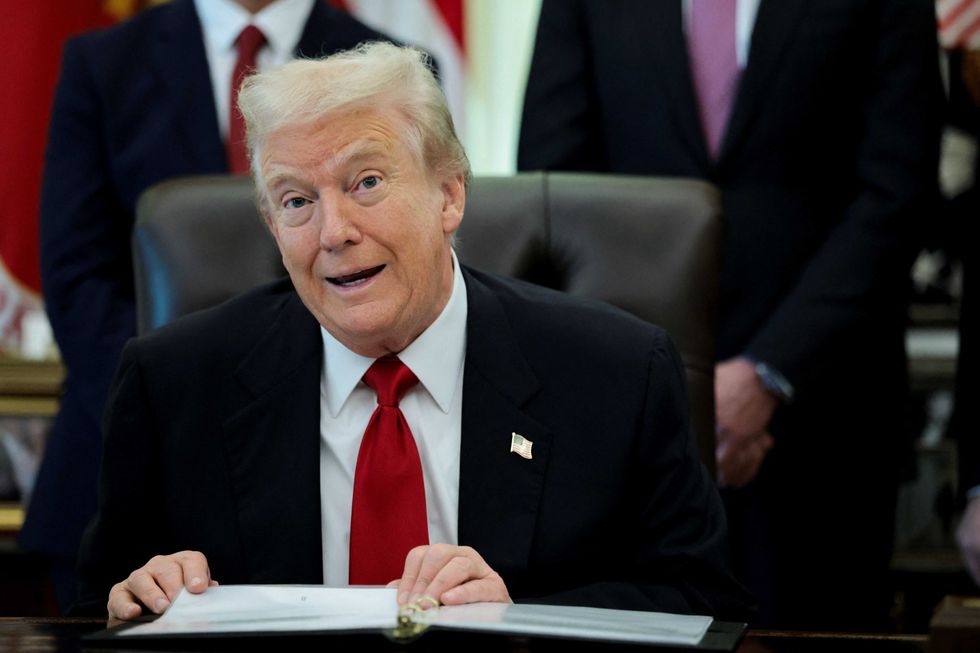BREAKING: President Donald Trump has reaffirmed his commitment to issuing $2,000 payments to Americans, despite facing public skepticism from his own Treasury Secretary, Scott Bessent. This urgent update comes as Trump took to his social media platform, Truth Social, to reiterate his stance on the controversial proposal.
In a post earlier today, Trump stated, “All money left over from the $2,000 payments made to low and middle-income USA citizens, from the massive tariff income pouring into our country from foreign countries, which will be substantial, will be used to SUBSTANTIALLY PAY DOWN NATIONAL DEBT.” The announcement has sparked immediate reactions across social media platforms.
Just yesterday, Bessent cast doubt on the feasibility of Trump’s promise, suggesting that the president’s remarks could have been a general reference to other initiatives, such as eliminating taxes on tips and Social Security benefits. His comments drew significant backlash, with critics labeling his statement as “damage control” amid growing confusion over the administration’s financial plans.
The renewed pledge from Trump comes at a time when many Americans are struggling financially, making the prospect of direct payments a hot-button issue. As discussions about economic relief continue, the implications of this plan could impact millions of households nationwide.
Observers are closely monitoring how this disagreement within the administration may affect the public’s perception of the $2,000 initiative. The stark contrast between Trump’s bold promises and Bessent’s cautious remarks raises questions about the administration’s coherence on fiscal policy.
Going forward, analysts will be watching for any further clarifications from the White House regarding the logistics of the proposed payments. Will Trump’s vision for substantial financial relief gain traction, or will internal dissent derail these plans? One thing is clear: the conversation surrounding economic aid is far from over.
Stay tuned for updates on this developing story, as the ramifications of these conflicting statements could shape the future of economic policy in the United States.







